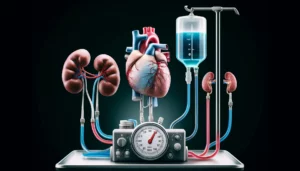
The Impact of Cardiopulmonary Bypass Time on the Sequential Organ Failure Assessment Score After Cardiac Surgery
This study investigates the effect of cardiopulmonary bypass (CPB) time on postoperative Sequential Organ Failure Assessment (SOFA) scores. The analysis of data from 1,032 patients reveals that longer CPB times correlate with higher SOFA scores, particularly affecting cardiovascular and renal functions. Prolonged CPB times (>200 minutes) are associated with an increased likelihood of severe dysfunction, emphasizing the predictive power of CPB duration on postoperative organ health.










